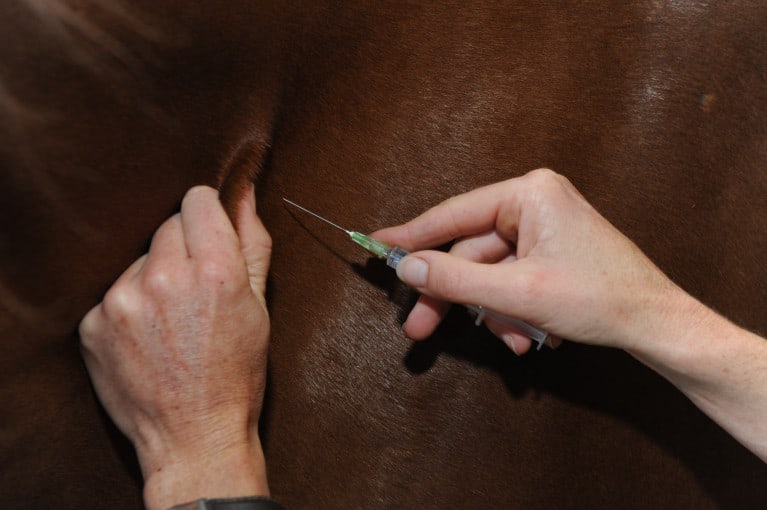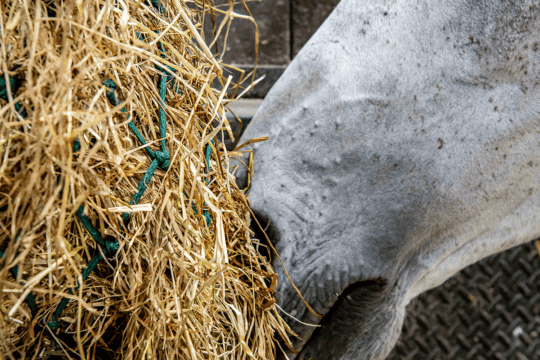Concerned about the recent outbreak of swamp fever in the UK? We update you on how it’s transmitted, symptoms, diagnosis and what to do if you think your horse is at risk

Equine Infectious Anaemia (EIA, or ‘swamp fever’) is a virus disease of horses, donkeys and mules, causing emaciation and death. If you’ve read the headlines recently, you’ll know that on 19 January, 2010, Defra confirmed that two horses, imported from Romania with eight other equines, tested positive for the disease. The two horses were humanely destroyed after the routine post-import test, although none of the remaining eight horses tested positive and the Wiltshire yard was swiftly isolated.
Swamp fever: the facts
What is EIA? Equine Infectious Anaemia is a virus disease of horses, donkeys and mules, causing emaciation and death. It does not affect humans.
How can horses get it? Exchange of blood – by biting insects (most commonly horse flies), or by contaminated blood or needles. Pregnant mares can pass it on to their unborn foals.
What are the symptoms? Intermittent fever and anaemia. However, horses can carry the virus without displaying any clinical signs.
What if I think my horse has EIA? Immediately contact your local Animal Health Office (see www.defra.gov.uk or look in the Yellow Pages).
What’s the prognosis? Animals testing positive must be put down – not only for their own welfare, but to protect other equines from infection.
Taking action
After Defra confirmed the incident, a ban on the export of UK horses to 13 countries, including the US, was swiftly put in place. However, after talks between animal health authorities in the UK and America, normal movement of equines quickly resumed.
The British Horse Society (BHS) has also urged owners not to panic. Says Head of Welfare, Lee Hackett: “There is no reason to panic, and every reason to hope that these cases will form an isolated incident and be successfully contained. Defra has acted incredibly quickly and taken every possible precaution to ensure the outbreak is suppressed.”
For more information EIA and regular updates on the situation, visit the Defra website















